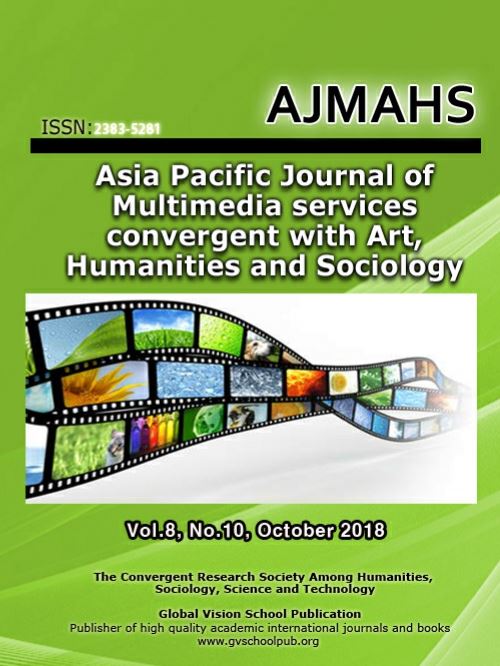
Identifying and Managing Meaning Mismatches in L2 Communication
Identifying and Managing Meaning Mismatches in L2 Communication
- 인문사회과학기술융합학회
- 예술인문사회융합멀티미디어논문지
- 8권 10호
- 2018.10
- 639 - 649 (11 pages)
L2 speakers often notice that the meaning of their utterance does not match their intended meaning after producing it. The purpose of this study was to explore how L2 speakers identify and cope with meaning mismatches during L2 communication. The participants of this study were Korean students studying in the United States. The data was collected through interviews, conversations, and stimulated recalls. The inductive analysis of the data showed that the participants identified meaning mismatches (a) from their own judgment or (b) the interlocutor’s verbal or non-verbal responses that express his/her misunderstanding and inability to understand the participant’s utterance. The findings also revealed that L2 speakers tried to manage meaning mismatches by employing two types of meaning mismatch communication strategies (MMCSs): (a) abandon MMCSs, which refer to overlooking meaning mismatches, and (b) achievement MMCSs, which refer to attempting to resolve meaning mismatches. Achievement MMCSs were further classified into self-initiated meaning repair and interlocutor-initiated repair, depending on who identified the need for repair first. This article also provides examples of conversation that demonstrate how each MMCS was employed. Based on these findings, I suggest that L2 speakers should use achievement MMCSs and attempt to repair meaning mismatches, rather than abandon MMCSs.
1. Introduction
2. Method
3. Findings
4. Conclusion